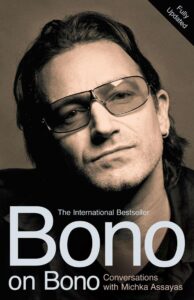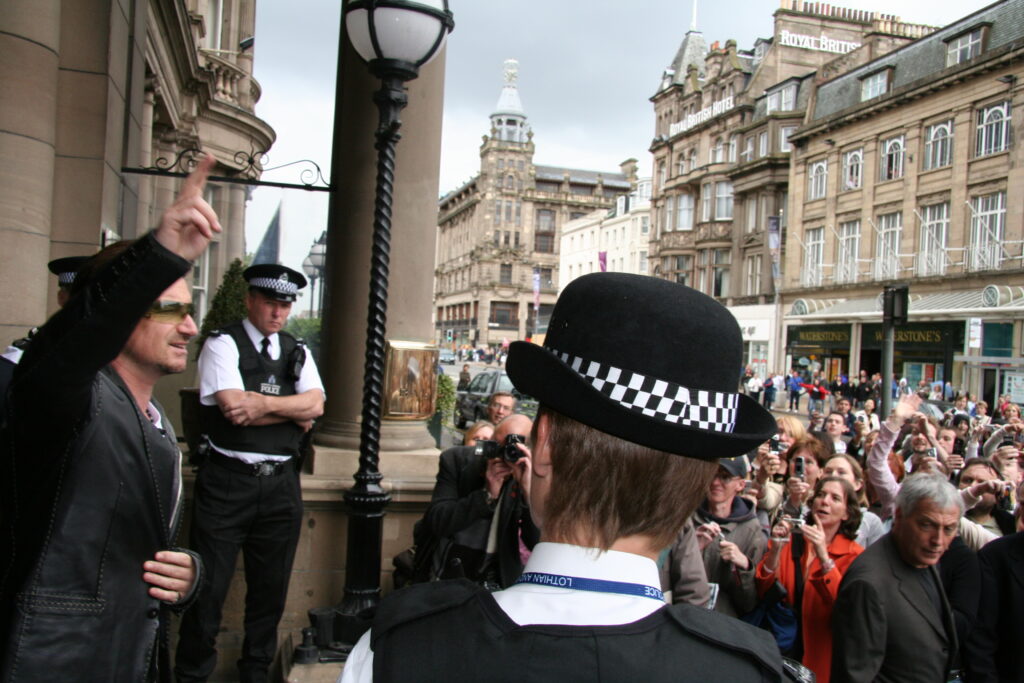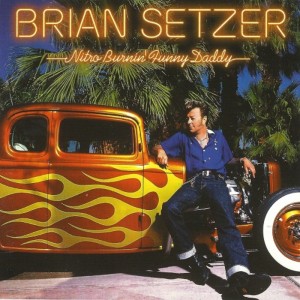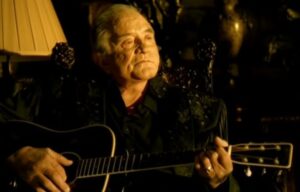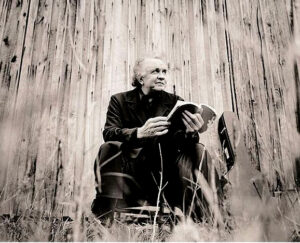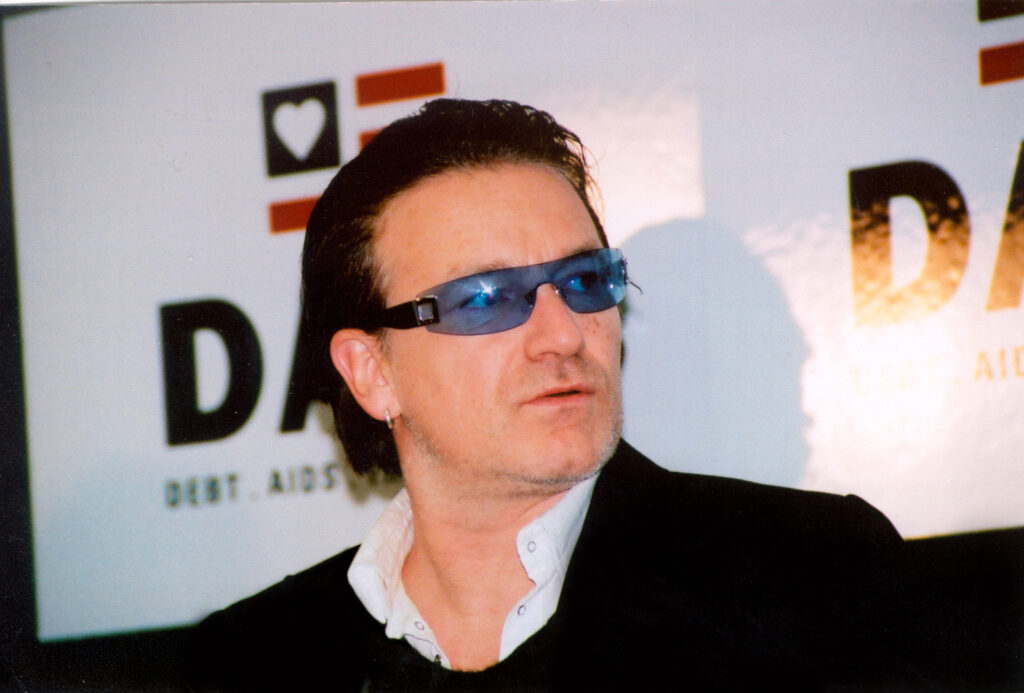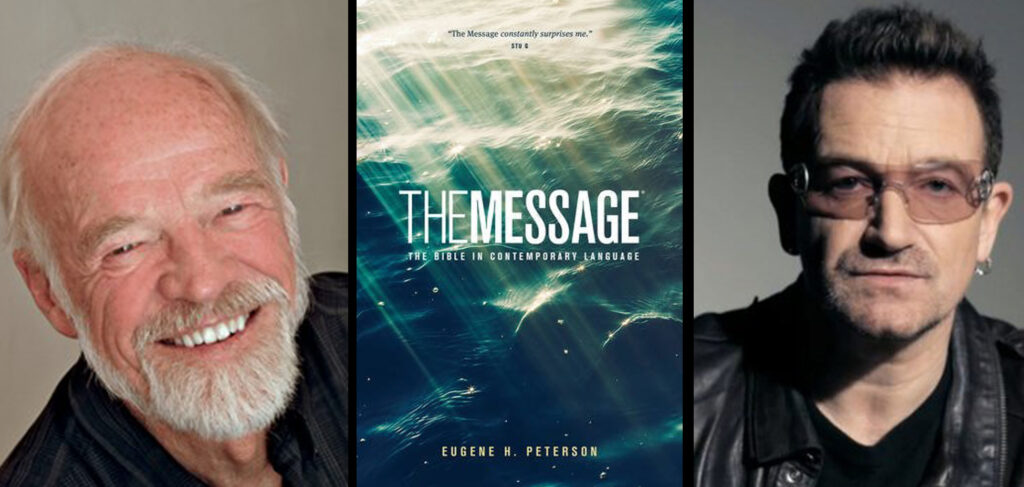July/August 2005, Good News Magazine
Before they mounted the stage at the United Center in Chicago during their Vertigo Tour, the members of U2 were sent out with the not-so-subtle observation from a friend: The people who want to change the world, don’t seem to know God. And the people who know God don’t seem to want to change the world. For more than 25 years, the Dublin-based quartet has attempted to shake up that off-setting conundrum.
Recalling America’s creative leadership in space exploration, lead singer Bono has been prodding fans to address the dire poverty and death toll from AIDS in Africa. “When America leads, the world follows,” he tells sold-out audiences. “And now a new challenge is here – not to put man on the moon, but to put mankind back on earth and to bring equality to the people of Africa.” He goes on to emphasize, “That’s what we’re saying to President Bush and Tony Blair, ‘Lead and we will follow.’ We’re asking you to end extreme poverty in our lifetime in places like Africa.”
Through guitar riffs, a cell phone call-in campaign, and a gigantic unveiling of the first several articles of the Universal Declaration of Human Rights, U2 flexes its musical muscle on behalf of millions of poverty-stricken Africans who can’t afford one of their cds – let alone a concert ticket.
Bono’s motivation? “I’m not sure if it’s Catholic guilt or what, but I genuinely believe that second only to personal redemption, the most important thing in the Scriptures – 2,103 passages in all – refers to taking care of the world’s poor,” he told Los Angeles Times music critic Robert Hilburn.
The political minefield and spiritual sawdust trail that he attempts to navigate has garnered its fair share of criticism. Although sympathetic, their manager Paul McGuinness warned the band early on to expect a backlash. “Musicians are supposed to describe the problems of the world, not fix them,” he observed.
Although some dour critics have dismissed him as preachy and pretentious, everyone else has granted Bono grace in doing what he can to appeal to the better angels of our nature. While the singer was encouraging the audience to join forces with The One Campaign to end hunger and poverty, the woman next to me at the concert in Chicago said, “I will join because of him. He can preach to me anytime.” She’s probably not alone. The band is expected to have the year’s highest-grossing concert revenue – more than $300 million. That is higher than last year’s top three touring acts combined.
Bono remains the most significant and provocative celebrity on the planet. He was endorsed by The Los Angeles Times to head the World Bank, nominated for a Nobel Peace Prize, and launched a conscience-raising line of clothing called Edun. His concerts attract everyone from United Nations leader Kofi Annan to conservative talk show host Bill O’Reilly. He hangs out with the Kennedy clan and knows his way around the Bush White House. In between shows in Boston, he flew down to Washington D.C. to have lunch with Secretary of State Condoleezza Rice and lobby her for more foreign aid.
Bono has been utilizing his current tour to promote The One Campaign (One.org) – an effort launched by anti-poverty groups and faith-based hunger ministries such as World Vision to increase federal spending for dramatically impoverished nations. It seeks to boost U.S. development spending by 1 percent of the budget – roughly $25 billion.
The cause has attracted an eclectic alliance between Nelson Mandela, Sun Microsystems, hip hop mogul Sean “P. Diddy” Combs, and religious broadcaster Pat Robertson (“God calls us to lift up the poorest people of the world,” says the 700 Club host).
Writing in The New York Times, conservative columnist David Brooks observes that “we can have a culture war in this country, or we can have a war on poverty, but we can’t have both. That is to say, liberals and conservatives can go on bashing each other for being godless hedonists and primitive theocrats, or they can set those differences off to one side and work together to help the needy.
“The natural alliance for anti-poverty measures at home and abroad is between liberals and evangelical Christians. These are the only two groups that are really hyped up about these problems and willing to devote time and money to ameliorating them. If liberals and evangelicals don’t get together on anti-poverty measures, then there will be no majority for them and they won’t get done.”
Having attended a U2 concert with a group of evangelicals who joined forces with Bono’s cause, Brooks observes that the singer “is at the nexus of a vast alliance between socially conservative evangelicals and socially liberal [non-governmental organizations].”
Is it the power of the cause, rock ‘n’ roll, or the Spirit? Perhaps it’s a concoction of all three. Unlike any other celebrity, Bono has the charm or anointing to draw incongruent elements together for a common cause.
“Bruce Springsteen comes close, but his message is that rock ‘n’ roll has the power to change lives,” observes journalist Donnie Moorhead. “Bono’s message is that God saves lives through rock ‘n’ roll. While you may leave a Springsteen show feeling like you want to do something with your life, you leave a U2 show feeling like you aren’t doing enough.”
In the recently published 323-page Q&A called Bono in Conversation with Michka Assayas, the singer describes a humorous story about one of his meetings with President Bush. “He banged the table at me once, when I was ranting at him about the ARV’s [AIDS drugs] not getting out quick enough,” he recalls. “You see, I’m Irish. When we get excited, we don’t pause for breath, no full stops or commas. He banged the table to ask me to let him reply. He smilingly reminded me he was the president. It was a heated debate. I was very impressed that he could get so passionate. And, let’s face it, tolerating an Irish rock star is not a necessity of his office.”
He found Bush to be amusing and quick-witted. “I got quickly to the point and the point was an unarguable one – that 6,500 people dying every day of a preventable and treatable disease would not be acceptable anywhere else other than Africa, and that before God and history this was a kind of racism that was unacceptable.”
According to Bono, the president said: “In fact, it’s a kind of genocide.”
It is a scandalous commentary on our political culture when it takes a rock star to prod politicians to grapple with the vast travesty taking place in Africa. “You know, celebrity is ridiculous,” Bono told Assayas, a French journalist. “It’s silly, but it’s a kind of currency, and you have to spend it wisely. And I’ve learned that much.…
“I see the embarrassment, excruciating at times, of ‘Rich rock star works on behalf of the poorest and most vulnerable.’ I mean, it’s a very embarrassing photograph. Yet, you can’t deny who you are. And if I gave all my money away, I’d just be a bigger star. (Laughs). Right?…I can use this ridiculous thing called celebrity to the advantage of these issues. That’s the only qualification I need. I’m there, I have the loud-hailer, and I’m gonna use it.”
Assayas asks Bono if “the money you have might lead you to develop very unrealistic views about the world. Don’t you tend to forget about the problems that an ordinary person has to face in an ordinary life?”
Undaunted in the righteousness of his cause, Bono responds: “But which reality am I not in touch with? You’re working on behalf of a billion people who live on less than a dollar a day. Isn’t it more important that I’m more in touch with their needs than the normal Western life you describe?”
Steve Beard is the founder of Thunderstruck.

